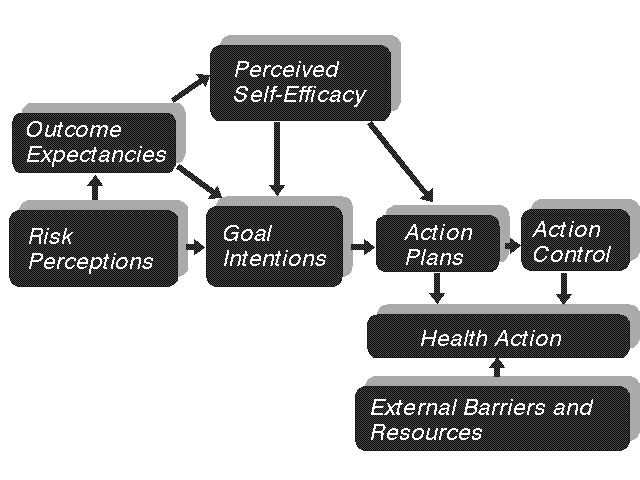
Proactive Attitude (PA)
Proactive Attitude (PA): Description of a Psychological Construct
Proactive Attitude (PA) is a personality characteristic which has implications for motivation and action. It is a belief in the rich potential of changes that can be made to improve oneself and one's environment. This includes various facets such as resourcefulness, responsibility, values, and vision.
The proactive individual believes in the existence of sufficient resources which can be external or internal. Goods, services, and people are out there and can be influenced to support goal attainment. Intelligence, courage, and strength, for example, reside within and allow goal setting and persistence.
The proactive individual takes responsibility for his or her own growth. A life course is not fully determined by external forces but can be chosen. Neither good nor bad events are mindlessly attributed to external causes. Rather, the proactive individual faces reality and adopts a balanced view of self-blame and other-blame in the case of negative events. However, two kinds of responsibilities have to be distinguished: Responsibility for past events, and responsibility for making things happen. The latter is the crucial one here. The proactive individual focuses on solutions for problems, no matter whether the problems have been caused by himself or herself or by others.
The proactive individual is driven by values. Others' behavior might be determined by their social environment, whereas proactive persons are, in contrast, mindful of their values and choose their path of action accordingly. Although values are influenced by others during the socialization process, people differ in the degree to which their life depends on these values. Once the socially mediated values are internalized they become the leading force to guide the proactive individual's striving. By the way, values need not necessarily be socially acceptable. Criminals may also have values, and terrorists might also be proactive individuals.
The proactive individual has a vision. He or she creates meaning in life by striving for ambitious goals. Again, these need not necessarily be socially desirable goals. Missionaries, politicians, entrepreneurs, teachers, or athletes may have dreams that conflict with those of others, but they have dreams. They have an imagination of what could be, and they set goals in line with their vision. Total Quality Management, for example, is a principle of continuous improvement within companies. The same idea can be transferred to individuals who constantly strive for self-improvement. They accumulate resources, prevent resource depletion, and mobilize forces with a long-term aim in mind. They have a mission, imposed by themselves.
The psychological construct of Proactive Attitude (PA) is not unrelated to other individual difference variables. Locus of control, self-determination, optimism, hope, and self-efficacy are more strongly associated although being conceptually distinct. We found a correlation of r = .56 between general self-efficacy and PA. Also, PA should be incompatible with job burn-out. Accordingly, we found in a large sample of teachers negative associations between PA and the three components of burn-out, namely -.56 with Emotional Exhaustion, -.63 with Lack of Accomplishment, and -.40 with Depersonalization.
 Theory Theory |
Books by Schwarzer |
Online Publications
Abstracts |
Self-Efficacy
Scales |
Designed by Ralf Schwarzer. Last Update: December 14, 1997.